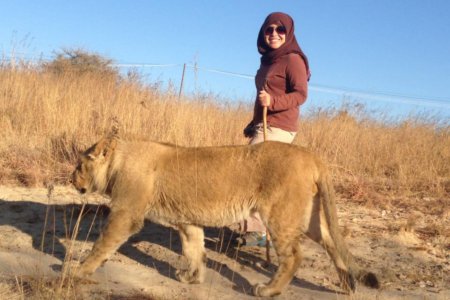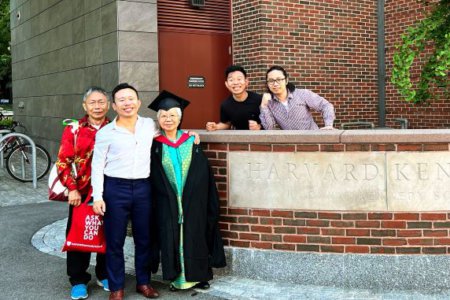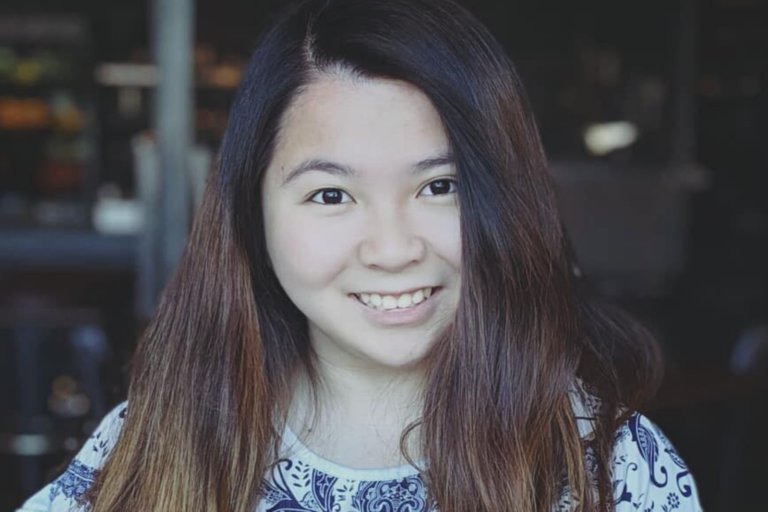
When Anton Ego took a bite out of the ratatouille that Remy cooked in the movie “Ratatouille”, he was immediately transported to his childhood when he had his mother’s home-cooked version of the vegetable stew. A single dish brought Ego the same comfort he had all those years back and immediately elevated his mood. This idea — that home-cooked meals can bring comfort during tumultuous times — spurred Liyen Tan to start her home-cooked meals business in the US, and, eventually, a food delivery app in her home country.
Tan, who hails from Penang, Malaysia, was always passionate about food. After graduating from the University of California, San Diego (UC San Diego), she came up with the idea of introducing Americans to Malaysian cuisine — without breaking the bank. It took no capital — just her kitchen and her tools. Tan went on Reddit to collect orders and in less than a week, she received 25 orders for her home-cooked Hainan chicken rice.
All was good for the next two months, until a caring customer reached out to inform her that having a home cooking business was actually illegal in many US states.

Tan (R) graduated from the University of California, San Diego and started to sell home cooked meals from her own kitchen in California. Source: Liyen Tan
Hawkr, a one-of-a-kind food delivery app
Looking back, it was a good move for Tan to bring back her idea and talents home where it could thrive. Hawkr — as it has now come to be known — went from Tan’s small kitchen in California to the kitchens of 200 merchants in Klang Valley. The platform, dubbed by Tan as an “Airbnb for homemade food”, exclusively recruits home cooks to join them as merchants to empower them.
Since its inception, Hawkr has been a food delivery app. While that still remains the primary service, Hawkr at its core is about building a community of home businesses and equipping them with the tools and resources they need to succeed. To double down on their community-building efforts, Tan launched services such as Hawkr+, where customers pay a subscription fee to get unlimited free delivery. This led to a customer retention rate of over 80%.
“We recently launched ‘Hawkr Open House’ which is a private dining concept, where customers can dine in the homes of our merchants without paying private dining prices,” Tan tells Study International.
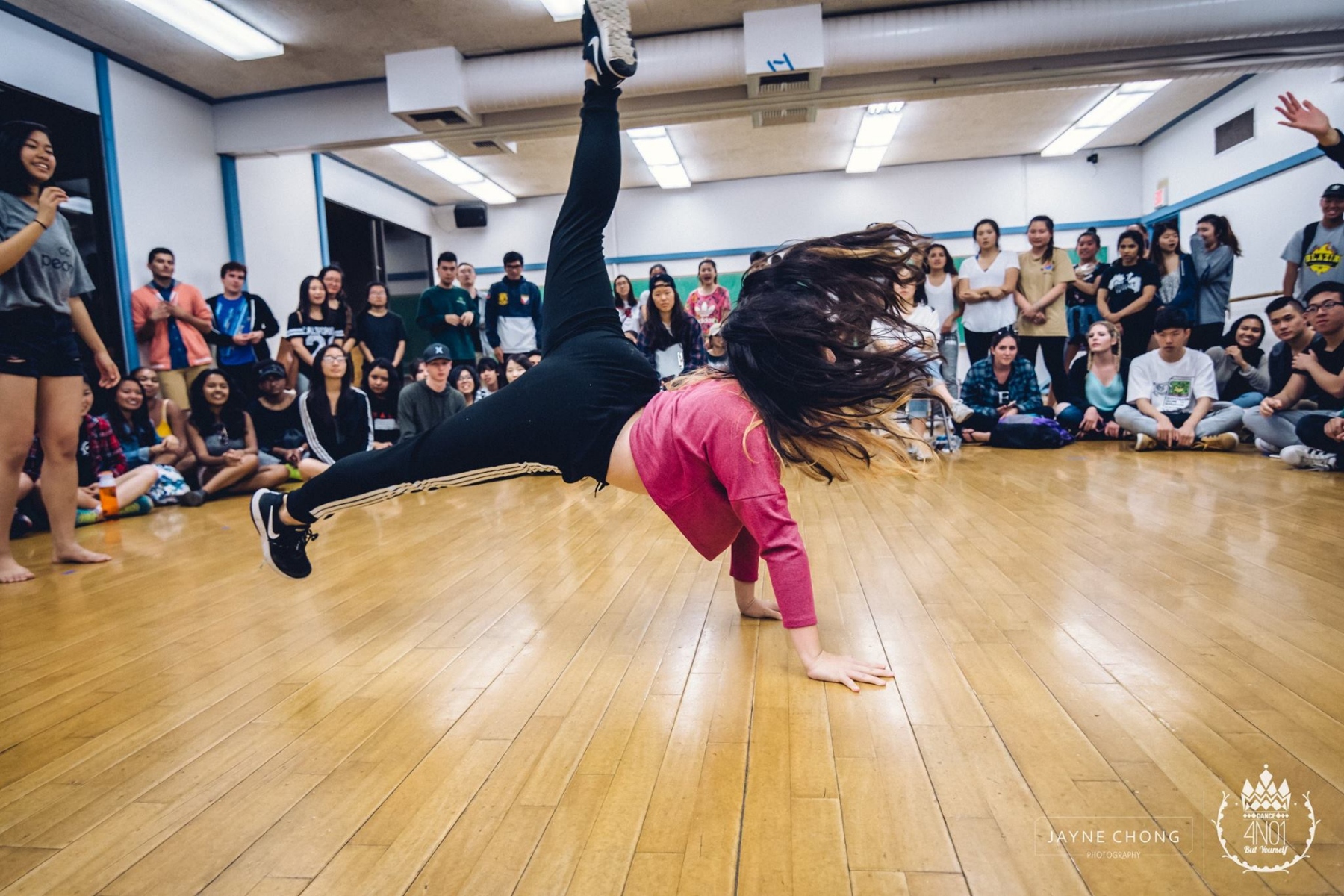
While Tan’s daily life now revolves around improving her food delivery app, she still works on her other passions from time to time. Source: Liyen Tan
The brains behind the food delivery app that targets home cooks
Before Hawkr, Tan was just like any other international student in the US — hopeful and optimistic about landing an internship or job opportunity post-graduation. While she did get a job offer, companies were beginning to rescind offers for international students in favour of hiring local graduates.
It wasn’t ideal, but the Tuanku Ja’afar College alumnus had no regrets about studying in the US. The country’s tertiary education system worked in a way that she was able to keep her options open and pursue a broad range of academic subjects without declaring her major immediately upon application.
“The US college system keeps you there for four years so I had more time to explore what I wanted to do. This was why I ultimately decided to attend UC San Diego,” she says. “I only declared my major after my second quarter there and that was when I decided to settle on International Economics, something I had passion for since I was about 15 years old.”
This holistic aspect of American education was the highlight of the now 24-year-old’s time at UC San Diego. “It made me a more well-rounded person. I also learned how to not particularly invest myself too much in any particular area of study because I could focus on all of my passions equally,” she adds, mentioning how she ended up with minors in Dance and Chinese.
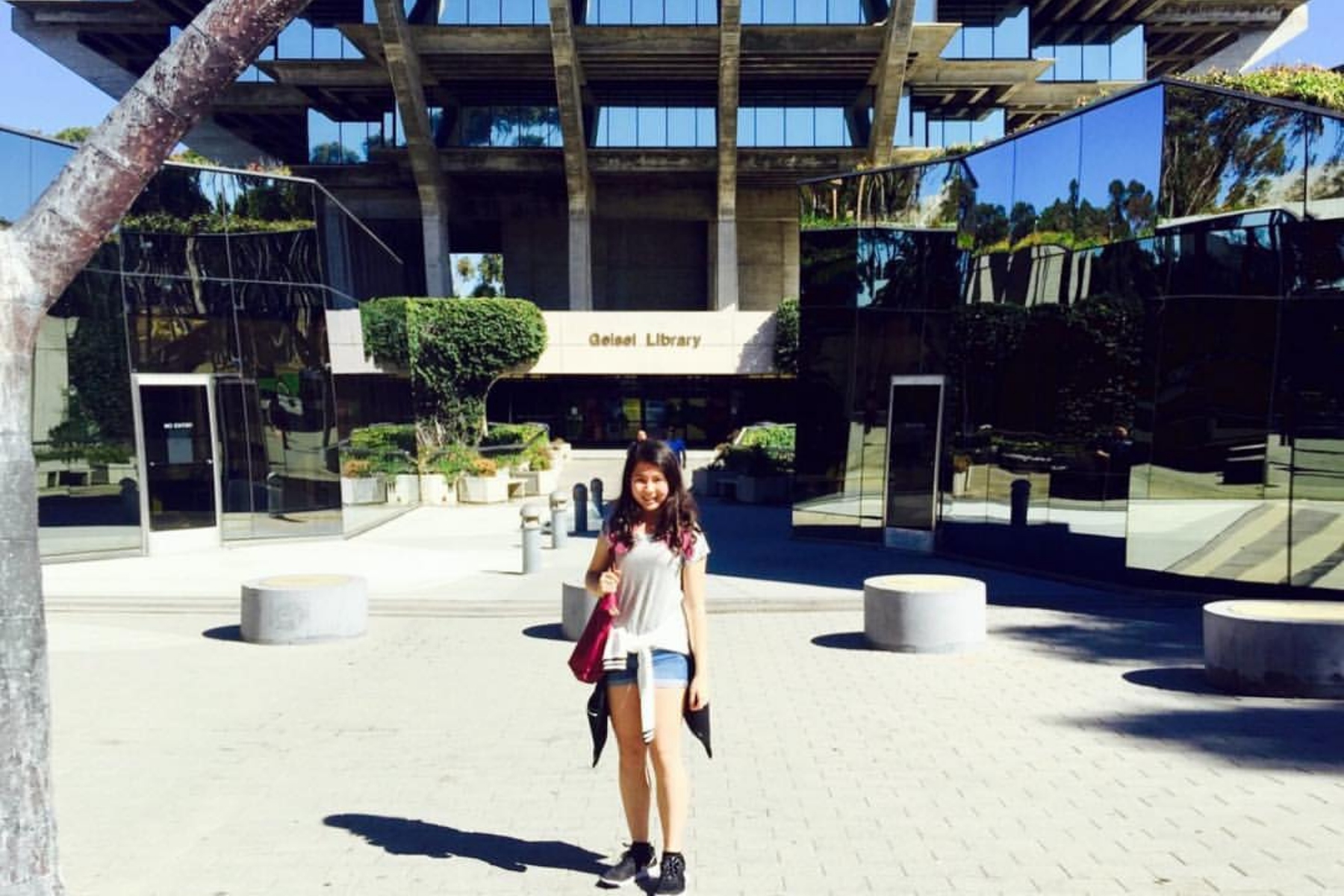
Before the food delivery app came the idea of bringing home cooked Malaysian meals to Californian doorsteps. Source: Liyen Tan
Life as an international student in California
If Tan had a superpower, it would be to teleport between California and her hometown of Penang. “The best part about living in California is hands down, the weather. However, California is a very expensive place to live where eating out was a luxury. Penang on the other hand, is the perfect place for foodies,” she explains.
What Tan really misses, though, is being a student in a foreign country. “I think I’m naturally a very curious person so having to meet new people, learn a new culture, eat new foods keeps me on my toes,” she recalls. “People in California are super friendly and in return, they’re always curious about my culture too. It wasn’t difficult to meet new people and find a place you can call home. I even made friends with professors too.”
Studying in California was not without its fair share of culture shocks. One that particularly sticks out for her was how all the lecturers insisted that students address them by their first name. “It was strange as I grew up in Malaysia, where you have to address teachers by their titles,” she says.
From international student to entrepreneur
Now, Tan works on her food delivery app full-time. Her advice for budding entrepreneurs is to just do it: “I am aware of my privileged position in being able to take bigger risks compared to others, so I recommend starting small. The tools to help entrepreneurs get off the ground with relatively low costs are more abundant and accessible than ever.”
For example, Tan never knew how to code but she used no-code tools when starting out. “Hawkr started on Google Forms which is completely free. If you ever need someone to speak with about entrepreneurship, I don’t have all the answers but I will gladly be your support buddy as I hope to see the startup scene grow,” she says.








